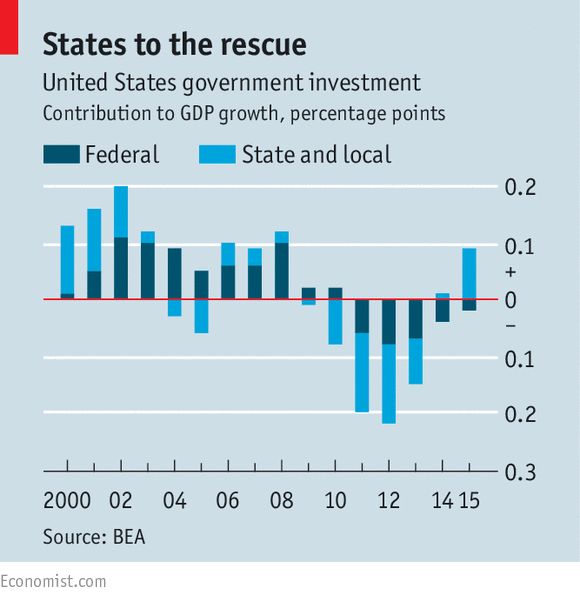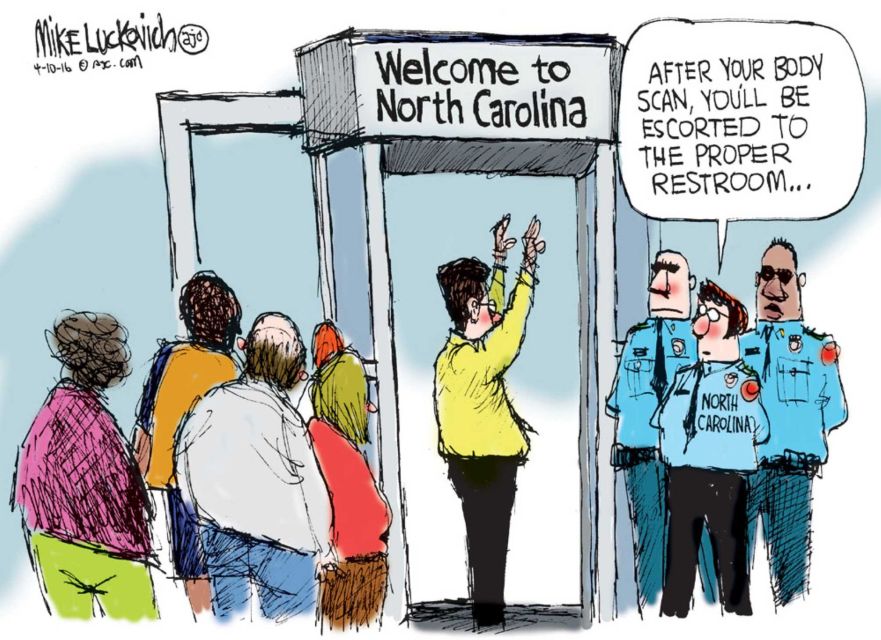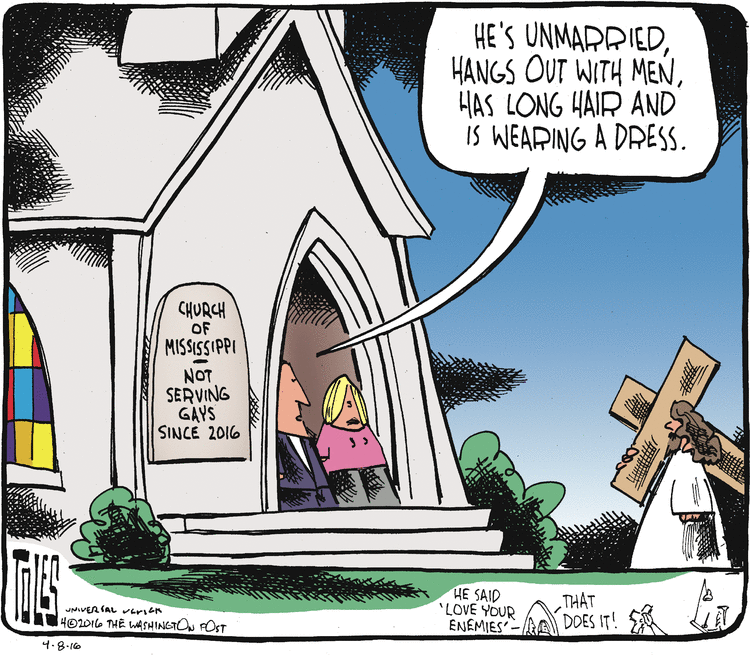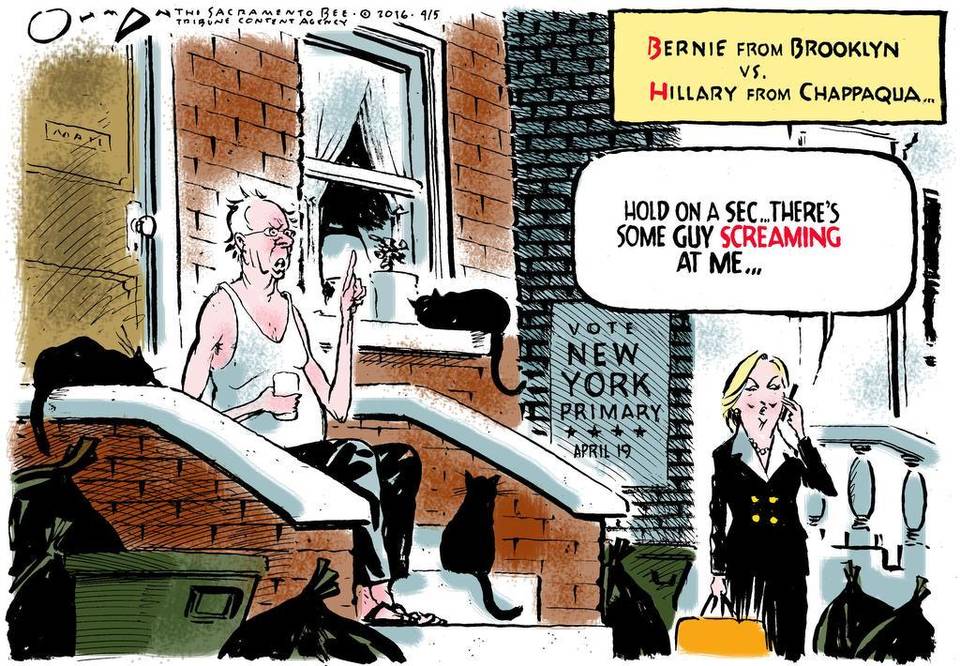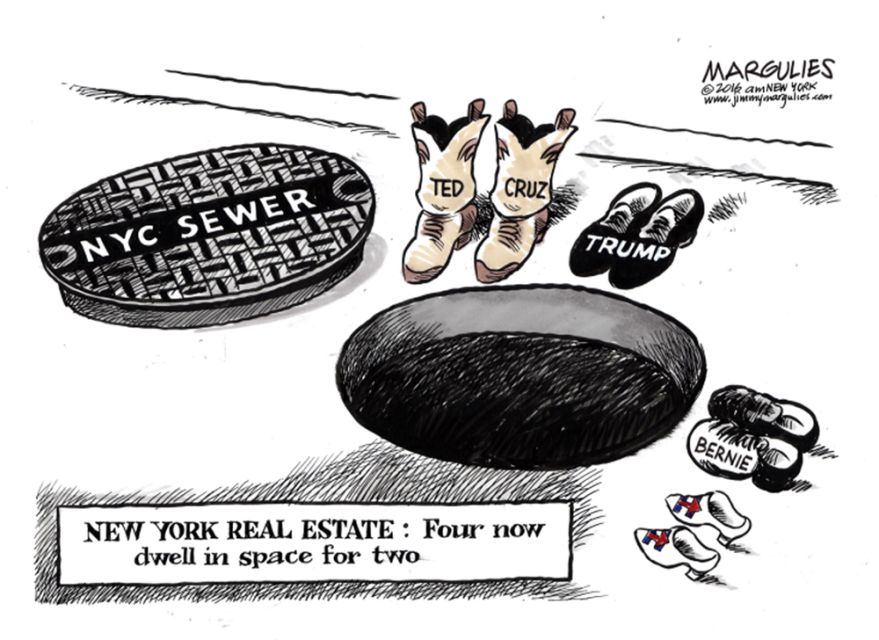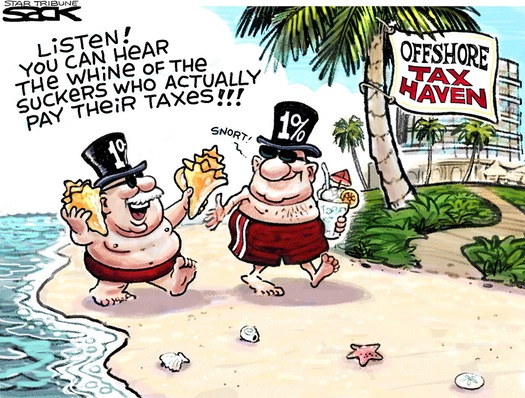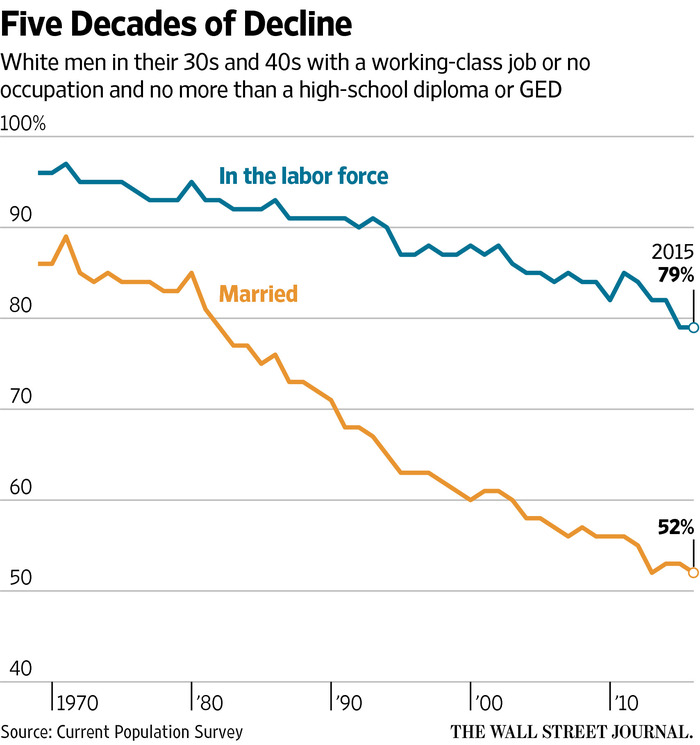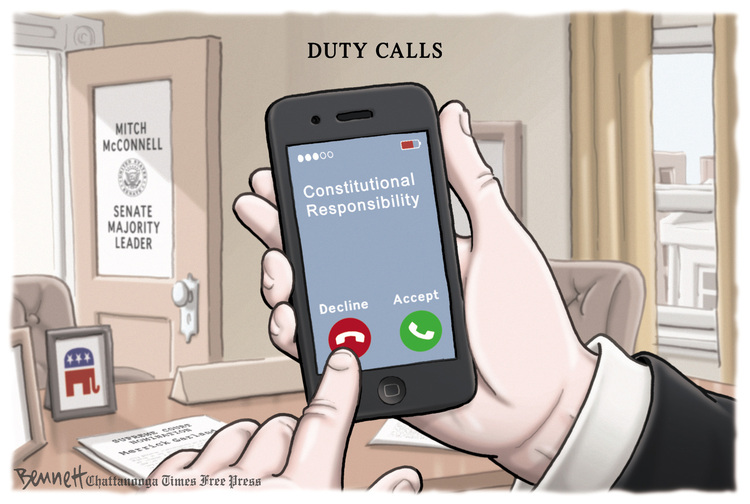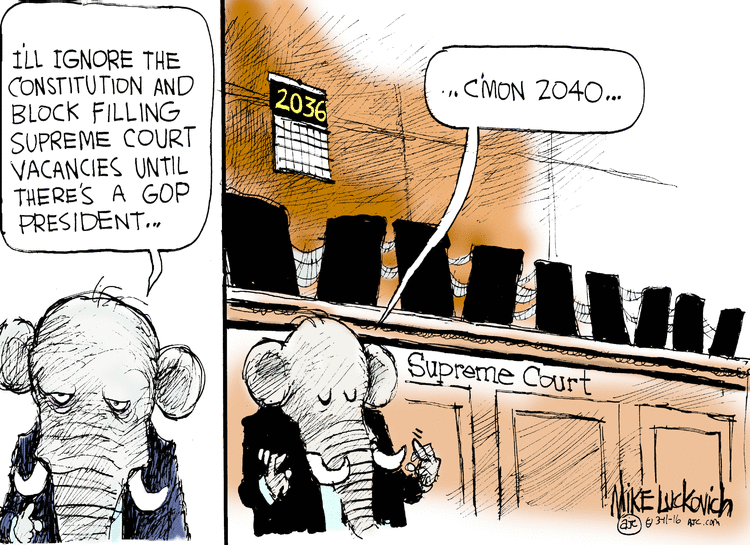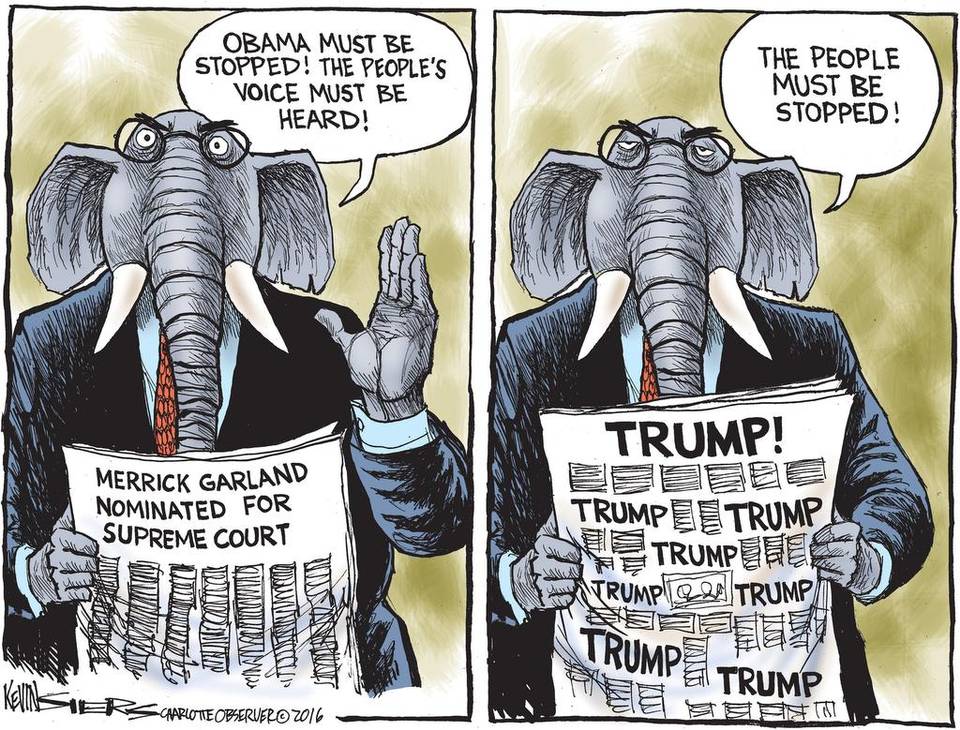Trump is a thin-skinned Pandering Pant Load© with rabbit ears: He hears everything that is said about him and responds to it all. Say something, and @realDonaldTrump will tweet back something nasty.
We saw two examples of his pandering in the past few days. First, Trump attended “Rolling Thunder” an annual event which brings hundreds of thousands of motorcyclists to DC to raise money for POW-MIA’s of the Vietnam War. On Sunday, He told about 5,000 that illegal migrants in the US are often better cared for than the nation’s military veterans:
Thousands of people are dying waiting in line to see a doctor. That is not going to happen anymore
Although Trump has used this comparison of the treatment of immigrants and veterans before, it isn’t true. Congress and many states have written an assortment of laws and policies designed to restrict government services to people living in the country illegally.
Could Congress do more for vets? Absolutely. Do we do less for them than we do for illegals? NO.
We know that the Pandering Pant Load© claimed to have raised $6 million for veteran’s groups, including $1 million of his own money when he held a fundraiser for veterans’ causes in place of an Iowa debate that he skipped.
But so far, he hasn’t distributed it, or said where it is going. He is expected to hold a news conference today to announce the names of the charities selected to receive the money. We’ll see.
Still, when you tell an interest group that you will do more for them than we do for illegals, you are setting the bar very low.
Second, the Pandering Pant Load© supposedly told House Speaker Paul Ryan (R-Wis.) he supports cutting Social Security but cannot admit it publicly because it would hurt his election chances, according to Bloomberg BusinessWeek. Trump said of cutting Social Security:
From a moral standpoint, I believe in it…But you also have to get elected. And there’s no way a Republican is going to beat a Democrat when the Republican is saying, ‘We’re going to cut your Social Security’ and the Democrat is saying, ‘We’re going to keep it and give you more.’
Bloomberg reported that The Pandering Pant Load© made the above comments during the May 12 meeting with Mr. Ryan aimed at improving ties between them, citing an unnamed source who was in the room.
So the deal was made, and what we have been watching is theater. And from a “moral standpoint”, Trump just lies about what he plans to do, because his audience is against it?
HuffPo reported that Trump’s opposition to cutting Social Security (SS) has been both a hallmark of his campaign and one of his greatest departures from traditional conservative ideology. Now it seems, he is simply pandering. Consider this:
- Many conservative House Republicans told The Huffington Post shortly after the May 12 meeting with Ryan that that they were unconcerned about Trump’s public posture on Social Security.
- Why? Because Trump policy advisor Sam Clovis had already appeared to reverse course on May 11, indicating that Trump would be willing to consider cuts as president.
The media have their nice, shiny Trump, and they have signed on for the whole ride, so don’t expect to hear much more about his pandering.
The Pant Load will try to dupe people (this week, Vietnam Vets and the middle class) into voting against their interests, because he is sure that they can’t be bothered to pay enough attention to understand that he’s lying.
The truth is that SS faces a funding gap beginning in 2034. Without Congressional action to either raise the program’s revenues or scale back benefits, there will be an across-the-board benefit cut of approximately 20%.
We all know this.
Why is the Pandering Pant Load© being dishonest about it? Maybe the real shock shouldn’t be that Trump is devoid of integrity; if he’s breathing, he’s lying.
It’s that his base doesn’t seem to care that he’ll throw them under the bus without a second thought.

